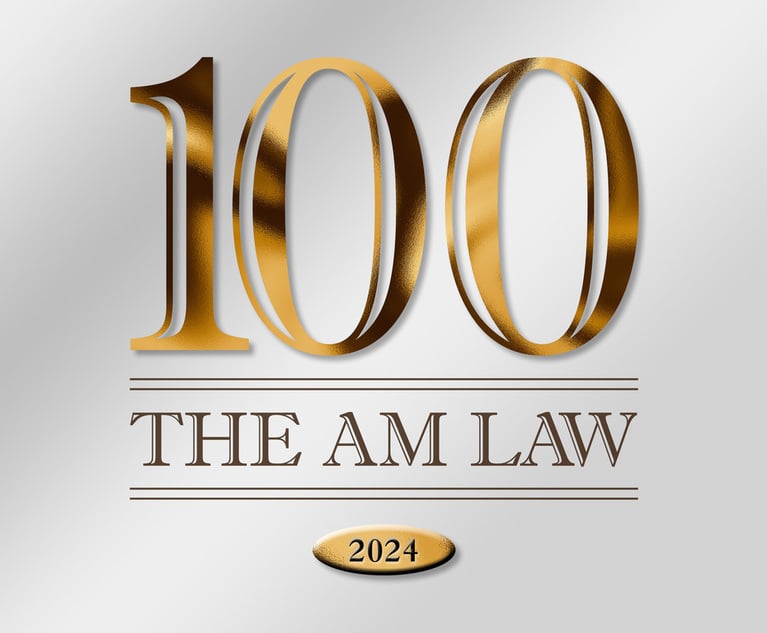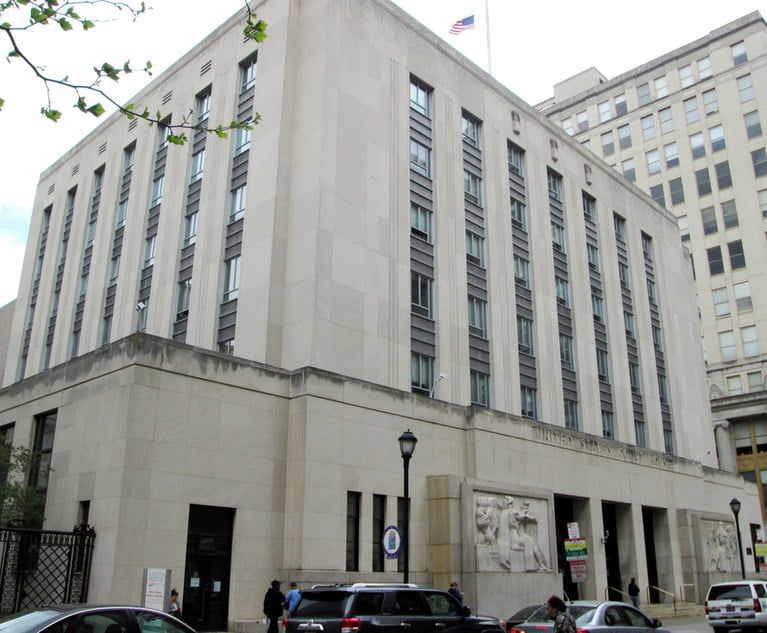In fall 2017, just as the #MeToo phenomenon was breaking, I had the pleasure of engaging in an intriguing, if not mildly unsettling, discussion predicting how the crisis might unfold in the legal sector. Among the points of discussion: what, if anything, is unique about law firms (or lawyers) which may make them more—or less—susceptible to “bad behavior.” Eighteen months later, the industry has seen a number of prominent headlines—firms embroiled in sexual harassment controversies and lawsuits, an untangling of the policies addressing (or not) those who engage in inappropriate behavior and, most recently, the uncovering of lawyers and firm leaders allegedly engaged in a sizable college admissions scandal. Yet are these signs of an uptick in moral turpitude in an industry that prides itself on ethical standards or simply the representation of broader societal movements?
The answer, like most, is not a simple one. While there are certainly macro-trends influencing recent headlines, there are also factors unique to the legal sector which do not serve us well in countering these influences. For those of you who have had the “pleasure?” of watching “Generation Wealth,” a documentary exploring society’s increasing obsession with materialism, it may seem the depravity underlying so many decisions and actions in today’s society is unavoidable. The changing mores related to what is and is not acceptable have touched virtually every aspect of our lives. Simultaneously, the internet has elevated the speed with which information is shared and millennials’ heightened social consciousness brings injustices rapidly to the forefront.


 Marcie Borgal Shunk.
Marcie Borgal Shunk.




